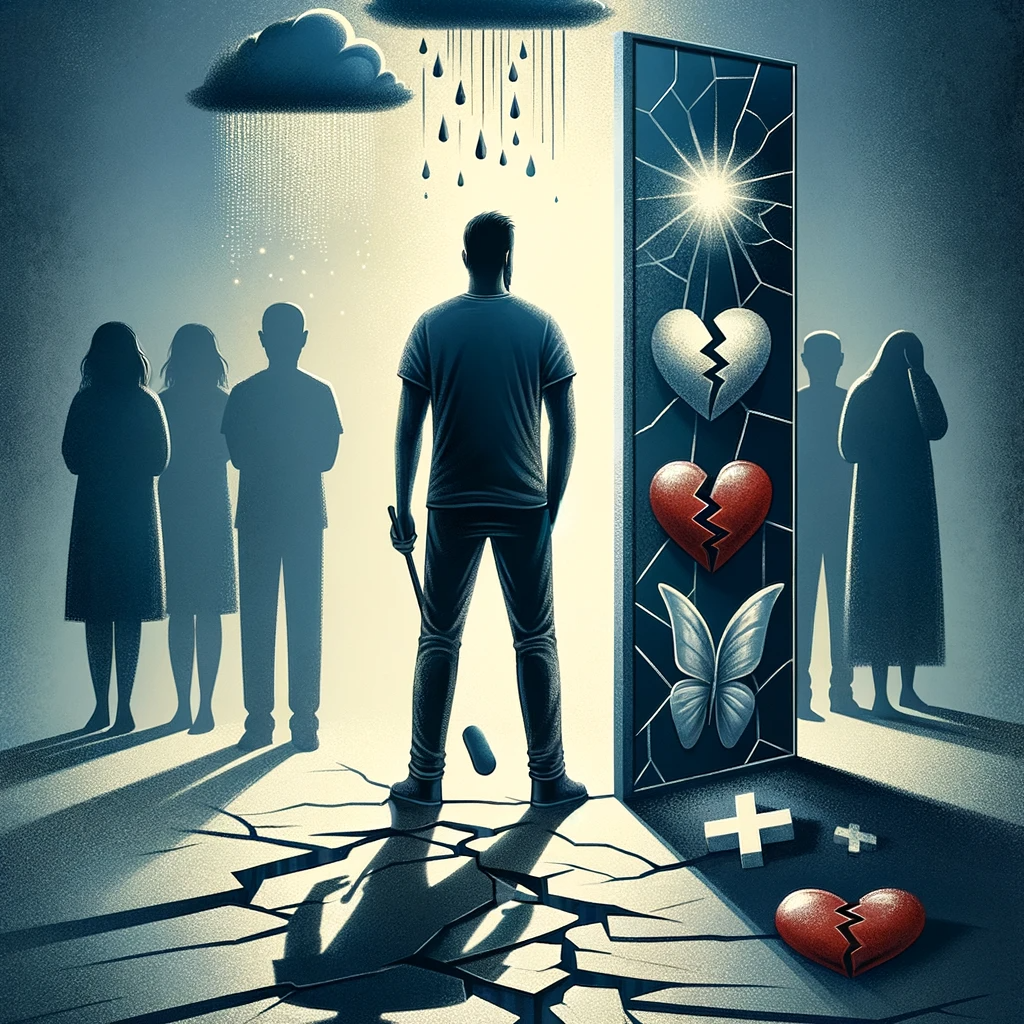Article 1: The Broad Impact of ACEs on Adult Health
“Vital Signs: Estimated Proportion of Adult Health Problems Attributable to Adverse Childhood Experiences and Implications for Prevention — 25 States, 2015–2017” is a pivotal study that reports on the effects of ACEs across 14,000 adults in 25 states. This study offers a generalized conclusion, emphasizing the need to understand emotional abuse more in childhood. It highlights the correlation between various negative somatic manifestations (health problems) and poor socio-economic outcomes in adults who experienced ACEs. For instance, individuals with 4+ ACEs had up to 5 times higher odds of mental health issues, such as depression, and higher probabilities for various biological health concerns like coronary heart disease. The study advocates for comprehensive public health approaches to prevent childhood adversity, potentially improving communities and adults already suffering from the negative consequences of their ACEs.
Key Study:
- “Vital Signs: Estimated Proportion of Adult Health Problems Attributable to Adverse Childhood Experiences and Implications for Prevention — 25 States, 2015–2017” from the CDC (Read More)
Article 2: Parental ACEs and Child Development
“Parental Adverse Childhood Experiences and Offspring Development at 2 Years of Age” delves deeper into the impacts of parental ACEs by interviewing 311 mother-child and 122 father-child relationships with young children. This study links parents’ histories and childhood experiences to the development and behavior patterns/issues of their children at age 2. Through in-depth interviewing, it explores the mechanisms of parents’ ACEs affecting their children’s cognitive development, including problem-solving, communication, personal-social, and motor skills. The study’s specific and qualitative methodology is a strength in understanding specifics that could provide better solutions for preventing ACEs within children.
Key Study:
- “Parental Adverse Childhood Experiences and Offspring Development at 2 Years of Age” from the National Library of Medicine (Read More)
Reflections on ACEs and Intergenerational Trauma
It’s surprising how few studies have been done to better explain and provide evidence of the various somatic and cognitive issues that stem directly from emotionally immature or abusive parenting, within the domain of intergenerational trauma. Both studies advocate for preventative screening solutions and methods for parents about to have children, aiming to prevent the lifelong toxic stress that ACEs can have on adult children and to educate parents (and potentially help them heal).






